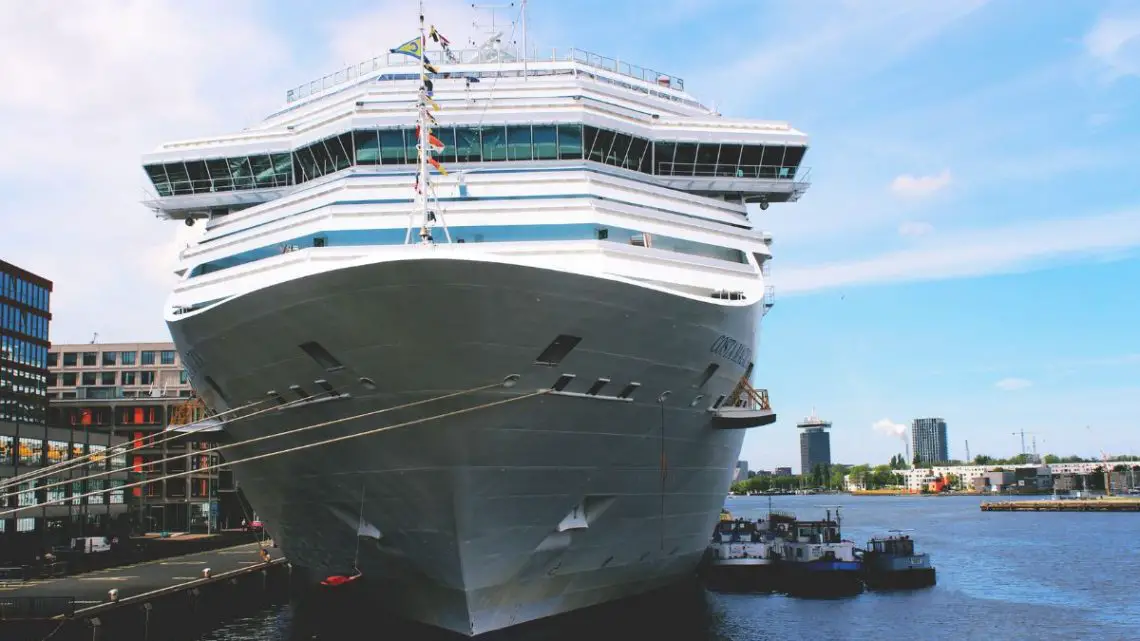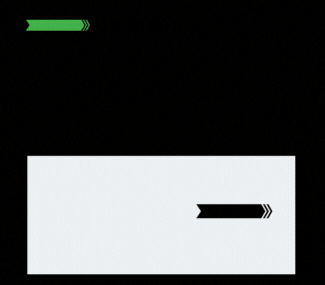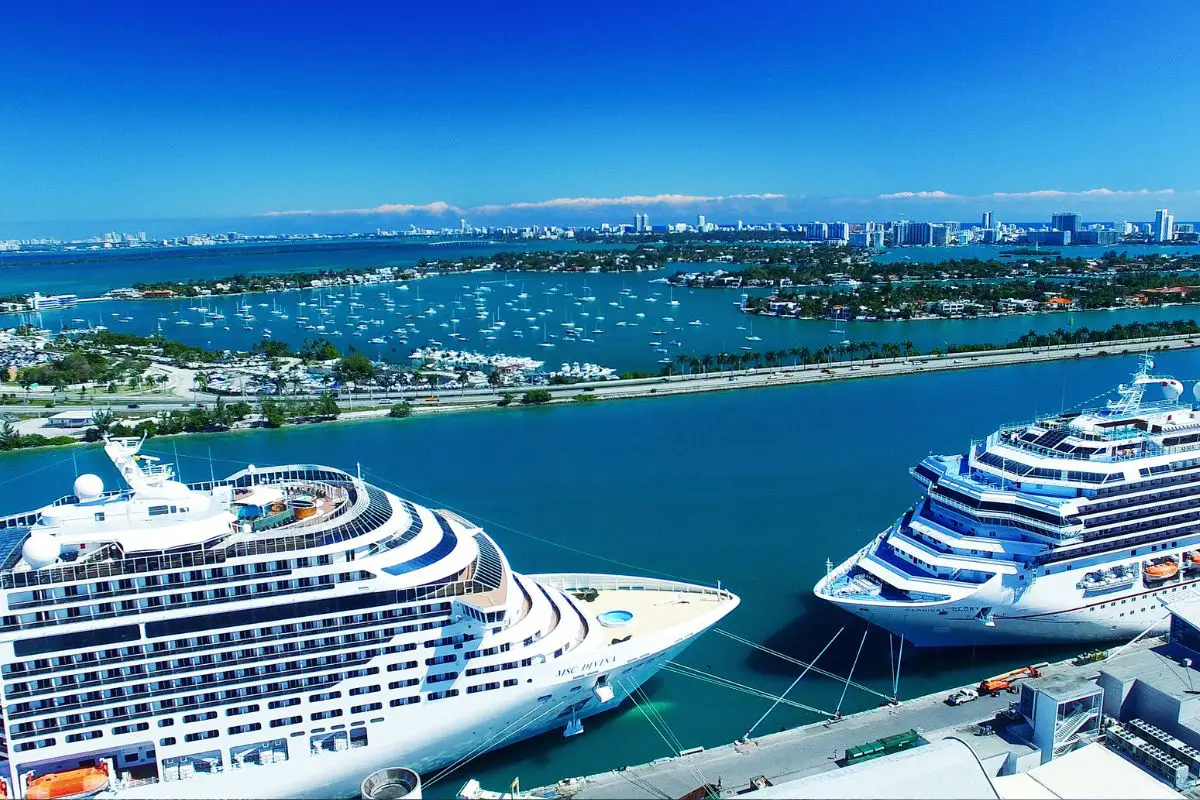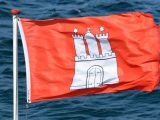
Ballard to use hydrogen fuel cells for clean cold ironing
October 20, 2022As the marine industry seeks to decarbonize, European zero-emissions are being rolled out.
The marine industry is facing some strict environmental regulations as the world works to decarbonize, and Ballard hydrogen fuel cells are now being used to help in that effort by achieving zero-emission cold ironing.
This technology helps to reduce emissions generated by the ports that serve ship operators.
Auxiliary engines running while ships are docked lead to substantial noise and air pollution. The European Parliament’s estimates are that between 6 and 7 percent of the CO2 emissions from the maritime sector are generated at European Economic Area port berths. Strategies for cutting back on vessel port emissions would require them to shut down their engines at berth. The problem with that is that vessels need to remain powered on to support their basic functions such as lighting, heating, cooling, and so on.

To overcome this challenge, hydrogen fuel cells can be used to provide onshore power for shiploads such as hotels. This technology offers zero-emission electricity in an effective and efficient way, without compromising operations.
Hydrogen fuel cells can not only help to slash the greenhouse gas emissions and noise from vessels at port.
Other vehicles at ports that can be H2 powered include trucks and material handling equipment. These also contribute to greenhouse gas emissions and noise pollution. As a result, powering them with H2 can help to further decarbonize ports. Reducing the carbon emissions from ports will play an important role in cutting back the pollution from marine shipping as a whole.
For the ships themselves, the hydrogen fuel cells are most helpful at port when they would usually be running on auxiliary engines. At those times, the ship is docked with its main engines off and the auxiliary engines power the lighting, heating, cooling, control systems, cargo handling equipment, and so on. When the onshore power is used, it is called cold ironing. It is a term that refers to shutting down the engines long enough that they go cold.
Using H2 for this process, means that cold ironing can be achieved without generating any greenhouse gas emissions. Increasingly, electricity at ports is generated by wind and solar in order to encourage decarbonization. That said, there are many ports worldwide where those options are simply not a viable option.
Why are hydrogen fuel cells a helpful option for ships while cold ironing?
Fuel cells powered by H2 are a technology that is becoming increasingly commonplace in a variety of applications, including in the marine industry. In fact, they are even being integrated into vessels for low- or no- carbon operations. Just as it is a solid option for powering operations while at sea, H2 also creates an opportunity for maintaining ship operations at berth in a carbon emission-free way. Equally, using this tech can help to slash noise pollution and vibration pollution from ships at port.
The ship would be able to turn off both its primary and auxiliary engines at berth, eliminating both the noise those engines generate and the exhaust they produce. The mechanical vibrations from the diesel combustion engines are also removed from operation with hydrogen fuel cells taking over. As a result, while effectively decarbonizing operations, it also means that onboard comfort increases, particularly for the ship personnel whose jobs are located close to the engines or auxiliary engines, or who participate in the loading and unloading procedures.
By using hydrogen fuel cells as a cold ironing solution, Ballard reported in a recent post on its website that ship operators will also be able to reduce their maintenance costs associated with using the clean fuel instead of expensive diesel and electrical power, which have recently seen rapid price spikes in many locations worldwide.



 With over 15 years of reporting hydrogen news, we are your premier source for the latest updates and insights in hydrogen and renewable energy.
With over 15 years of reporting hydrogen news, we are your premier source for the latest updates and insights in hydrogen and renewable energy.
Sorry, but would it not be simpler to plug ships in to shore power lines whilst docked, that way avoiding all of the comparatively large losses of converting electricity to hydrogen, transporting it to the ship and then converting it back to electricity, compared to straight power transmission losses only? Am I missing something here? Hydrogen as a power source whilst at sea could make sense, but whilst docked, I don’t see it.
Where will the hydrogen come from?
Mike Lipscomb is right; using electric power from the shore is far more efficient that using a hydrogen fuel cell, however the shore power supply might not always have the capacity to power the ship’s electrics. It would better to power the ship under way with electricity from a fuel cell. I understand that you have recently reported a new passenger ship: the Viking Neptune, powered exclusively by hydrogen which is stored in liquid form.